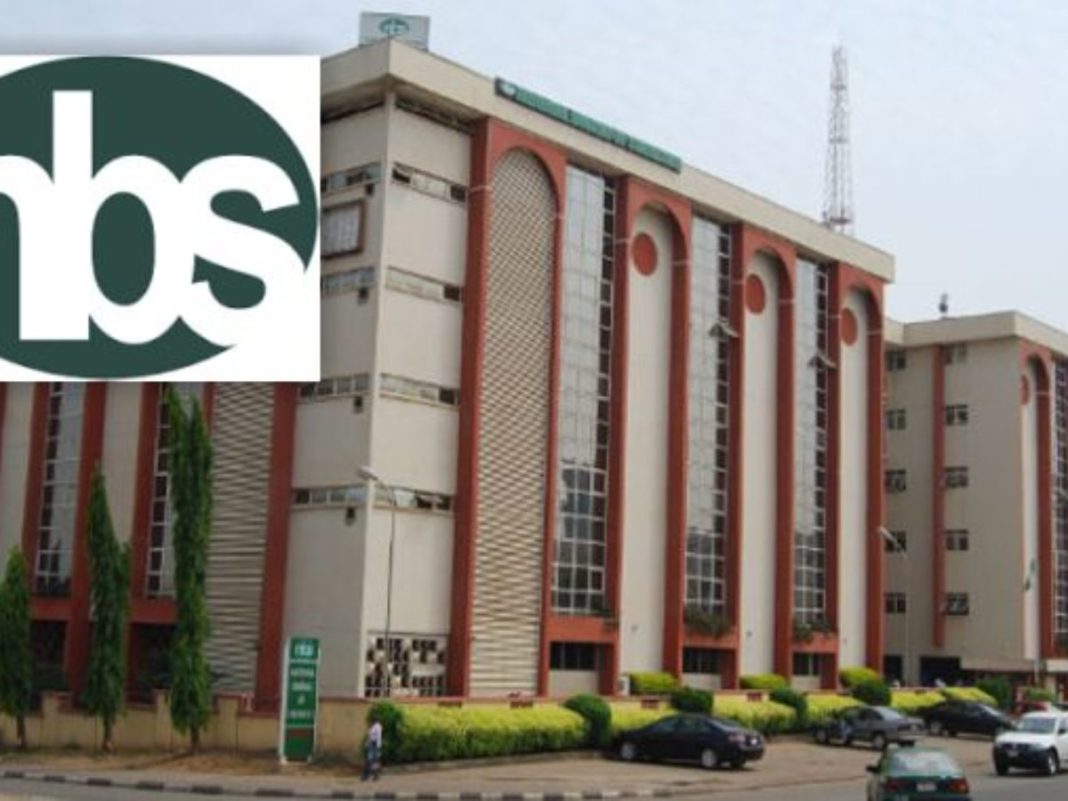The National Bureau of Statistics has released the Inflation rate figure for the month of October 2020. In the report, the headline inflation rose for the 14th consecutive month.
The Consumer Price Index (CPI) which measures inflation in Nigeria rose to 14.23% in the month of October 2020 as against 13.71% in September 2020 representing a percentage increase of 0.52%.
This is the highest it has risen in 31 months precisely.
This is as a result of the increase in the price of food due to high cost of transportation, production and insecurity that had driven many farmers away from their farmland along with the hike in electricity tariff and fuel pump price.
On a month-on-month basis, the Headline index also increased by 1.54% in October 2020, which is 0.06% points higher than the rate recorded in September 2020 (1.48%).
The Composite Food Index also rose to print 17.38% in October 2020 from 16.66% in September 2020.
The rise in the food index was caused by increases in the prices of Bread and cereals, Potatoes, Yam and other tubers, Meat, Fish, Fruits, Vegetable, alcoholic and food beverages and Oils and Fats.
Likewise, the ”All Items less Farm Produce” known as Core inflation, which excludes the prices of volatile agricultural produce went up by 0.56% to 11.14% from 10.58% in September 2020. Urban and Rural inflation rose to 14.81% and 13.68% YoY respectively.
Inflation in the month of November is expected to rise further as we continue to grapple with the effect of the Coronavirus pandemic which has affected the global economy; coupled with increase in fuel price (which will result into an increase in transportation), supply shortages, structural bottlenecks, dwindling investment returns and currency market challenges, will make the headline inflation rate remain biased to the upside.
{Futureview}


